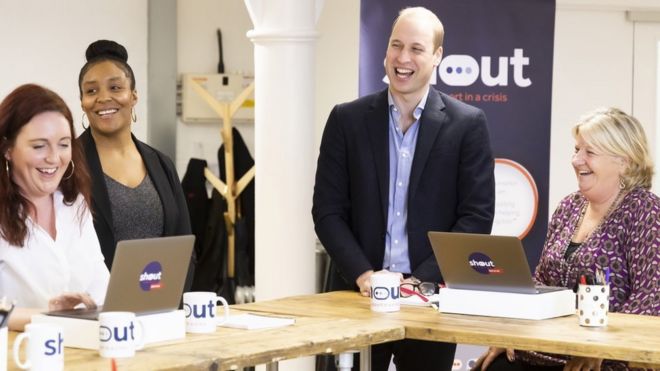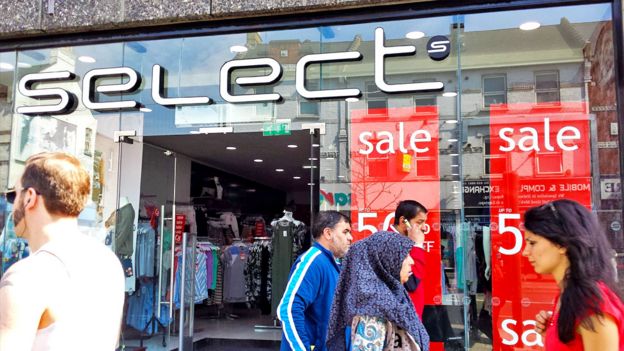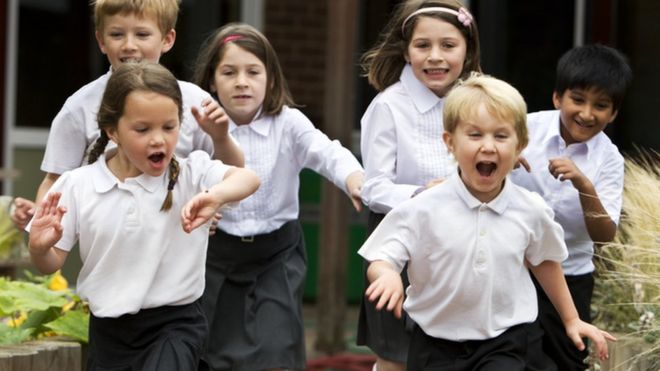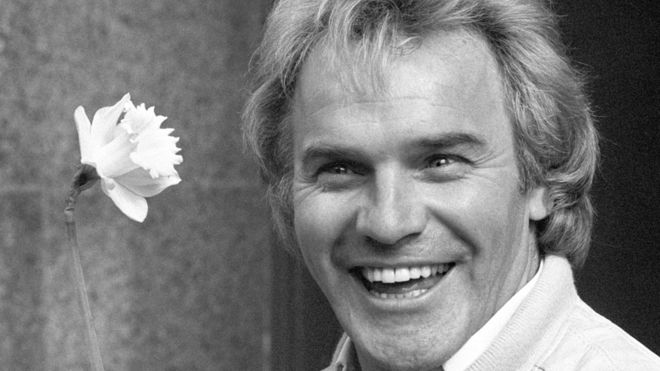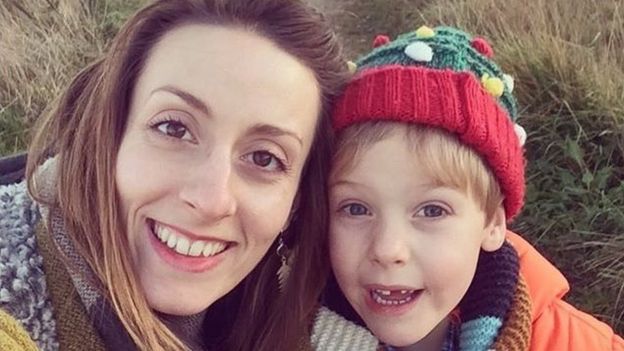
Pic-Lavinia Musolino has opted for her son Enzo, seven, not to take the Sats test
Education(wp/bbc):::
A class of primary school pupils will not sit Sats tests after their parents chose to boycott the exams.
All 15 parents of children in Year 2 at Bealings School near Woodbridge, Suffolk, said "over-testing was ruining the pupils' education".
Heather Chandler, one of the parents, said it was "far too early" for the children, aged six and seven, to be tested.
The school said it did not want to comment.
Chair of governors Rick Gillingham said they would not stand in the parents' way and "over-testing is certainly something we wouldn't go along with".
Ms Chandler said the Sats were unnecessary and a waste of time.
"At that age they should be out playing and investigating the world around them, not being taught to do a test," she said.
"It adds extra pressure they don't really need and takes a lot of teachers' time away from what they should be doing."
Lavinia Musolino, whose seven-year-old son Enzo is in Year 2, said: "It's a really positive way to stand up to the current government and say we don't agree."
The Standards and Testing Agency tests are formal national curriculum exams in primary schools in England, taken by children twice - first in Year 2 and then in Year 6. Pupils are tested in maths and English.
- Teachers head towards Sats boycott
- Parents plan school protest over Sats
- Do Sats really matter - and if so, to whom?
Last month, Labour leader Jeremy Corbyn announced he would scrap Sats if his party came to power, saying the move would help improve teacher recruitment and retention.
Instead, Labour would introduce alternative assessments which would be based on "the clear principle of understanding the learning needs of every child," he said.
But Schools Minister Nick Gibb said abolishing Sats would be "a retrograde step".
He said it would "keep parents in the dark" by preventing them from knowing how good their child's school was at teaching maths, reading and writing.
The government has already said it wants to phase out Sats for seven-year-old pupils in favour of a new baseline assessment for reception classes.
